Food, Water & Climate Change
Global Commitments around Food, Water & Climate Change
Sustainable Development Goals
In 2015, the international community adopted a set of Sustainable Development Goals (to succeed the Millennium Development Goals) that articulated ambitious goals to be achieved by 2030. The SDGs are important benchmarks for accountability; as such they are useful reference points not only for policy analysis and advocacy, but also for program design. Each country is encouraged to produce a voluntary national review (VNR) annually to share progress against the SDGs at the national and sub-national level. This is an opportunity for civil society engagement and advocacy. [See VNR Documentation and Reporting by Country]
- SDG Target 2.1 By 2030, end hunger and ensure access by all people, in particular the poor and people in vulnerable situations, including infants, to safe, nutritious and sufficient food all year round.
- SDG Target 2.2 By 2030, end all forms of malnutrition, including achieving, by 2025, the internationally agreed targets on stunting and wasting in children under 5 years of age, and address the nutritional needs of adolescent girls, pregnant and lactating women and older persons.
- SDG Target 2.3 By 2030, double the agricultural productivity and incomes of small-scale food producers, in particular women, indigenous peoples, family farmers, pastoralists and fishers, including through secure and equal access to land, other productive resources and inputs, knowledge, financial services, markets and opportunities for value addition and non-farm employment.
- SDG Target 5.5 Ensure women’s full and effective participation and equal opportunities for leadership at all levels of decision-making in political, economic and public life.
- SDG Target 5.a Undertake reforms to give women equal rights to economic resources, as well as access to ownership and control over land and other forms of property, financial services, inheritance and natural resources, in accordance with national laws.
- SDG Target 13.3 Improve education, awareness-raising and human and institutional capacity on climate change mitigation, adaptation, impact reduction and early warning.
- SDG Target 13.B Promote mechanisms for raising capacity for effective climate change-related planning and management in least developed countries and small island developing States, including focusing on women, youth and local and marginalized communities.
- SDG Target 16.1 Significantly reduce all forms of violence and related death rates everywhere
- SDG Target 16.5 Substantially reduce corruption and bribery in all their forms
- SDG Target 16.6 Develop effective, accountable and transparent institutions at all levels
- SDG Target 16.7 Ensure responsive, inclusive, participatory and representative decision-making at all levels
- SDG Target 16.10 Ensure public access to information and protect fundamental freedoms, in accordance with national legislation and international agreements
- SDG Target 16.B Promote and enforce non-discriminatory laws and policies for sustainable development
Paris Agreement
- Its preamble acknowledges that climate change is a common concern for humankind, and that Parties should, when taking action on climate change, respect their obligations on human rights, the right to health, gender equality, empowerment of women and intergenerational equity. In the context of adaptation to climate impacts and climate resilience (Article 7.5), Parties acknowledge that adaptation action should follow a country-driven, gender-responsive, participatory and transparent approach.
- The Paris Agreement is built around a set of national commitments and policy development processes, particularly the Nationally Determined Contributions (NDCs) in which all governments laid out their (voluntary) plans to reduce their emissions of greenhouse gases and to address climate change impacts (i.e. adaptation). Many refer to the impacts of climate change on agriculture. The NDCs are becoming the framework for national climate policies, investments and budgets in various ways. The gender and climate community has been highlighting the gender gap and opportunities to bring gender equality and justice to the table.
- As countries develop National Adaptation Plans (NAPs), sectors will build plans and investments that CARE could influence. For example, the risks and opportunities in the health sector, and health and adaptation debate, could shape SRHR advocacy at the country level.
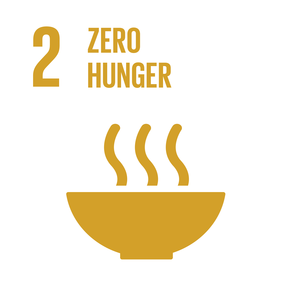
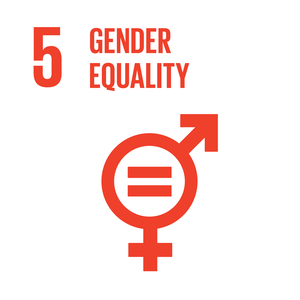
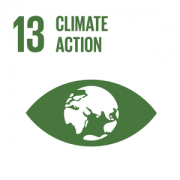
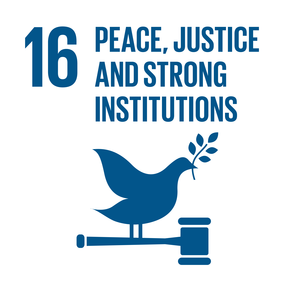
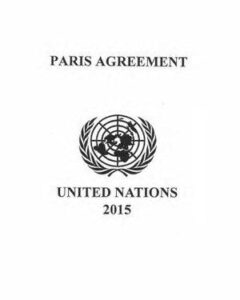
Scaling Up Nutrition (SUN)
The Scaling Up Nutrition (SUN) movement, launched in 2011, brings together 58 countries with civil society, the United Nations, donors, the private sector and researchers in a collective effort to end malnutrition. SUN is founded on the principle that all people have a right to food and good nutrition. SUN countries – who are at the heart of global efforts to improve nutrition – work to achieve the six World Health Assembly (WHA) Goals by 2025. SUN seeks to catalyze multi-stakeholder action and investments, particularly in line with national level nutrition plans.
The Green Climate Fund
The Green Climate Fund is an increasingly relevant funding tool (currently $ 10 billion), and its Gender Policy has four key objectives:
- To ensure that, by adopting a gender-sensitive approach, the Fund will achieve greater, more effective, sustainable and equitable climate change results, outcomes and impacts in an efficient and comprehensive manner.
- To build equally women’s and men’s resilience to, and ability to address, climate change – and to ensure that women and men equally contribute to and benefit from activities supported by the Fund.
- To address and mitigate against assessed potential project and program risks for women and men associated with adaptation and mitigation activities financed by the Fund.
- To contribute to reducing the gender gap of climate change-exacerbated social, economic and environmental vulnerabilities.
